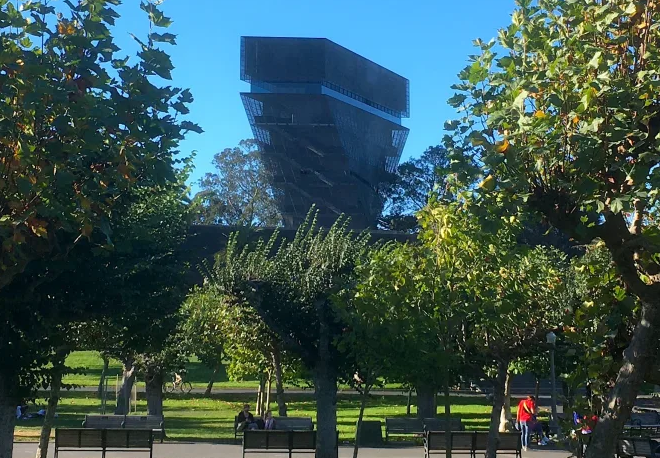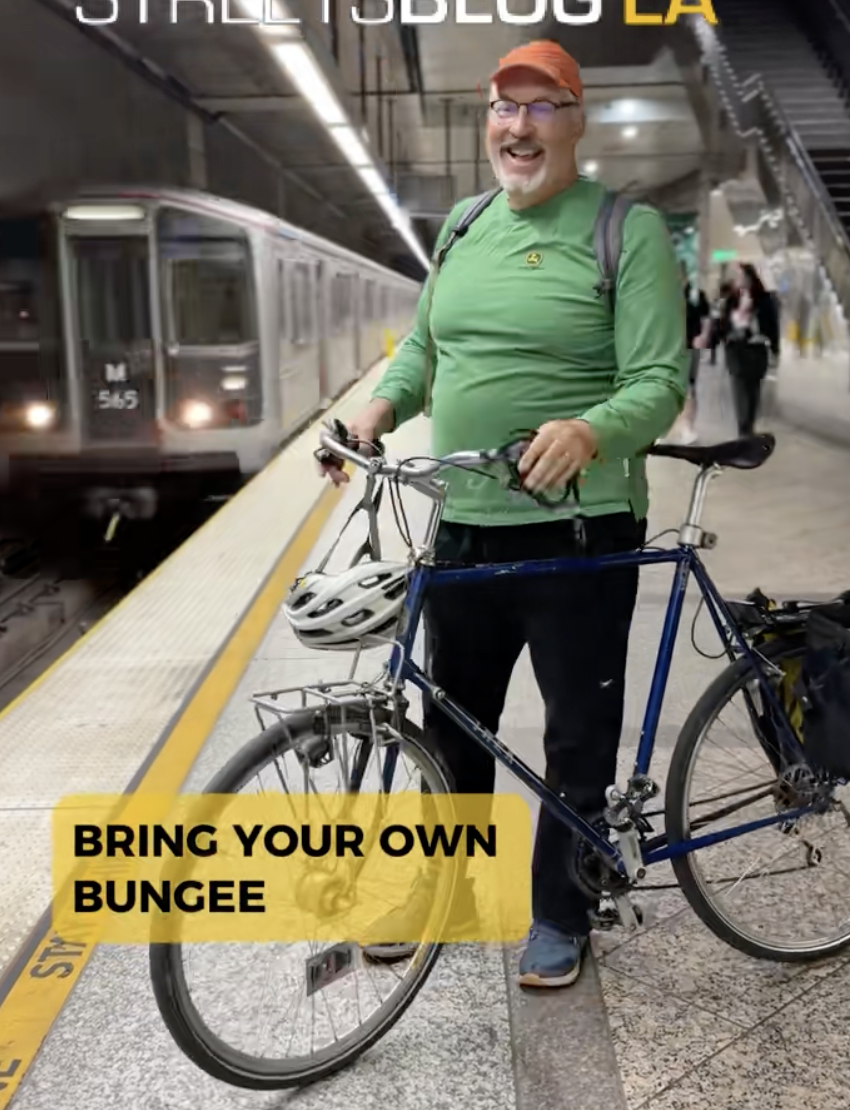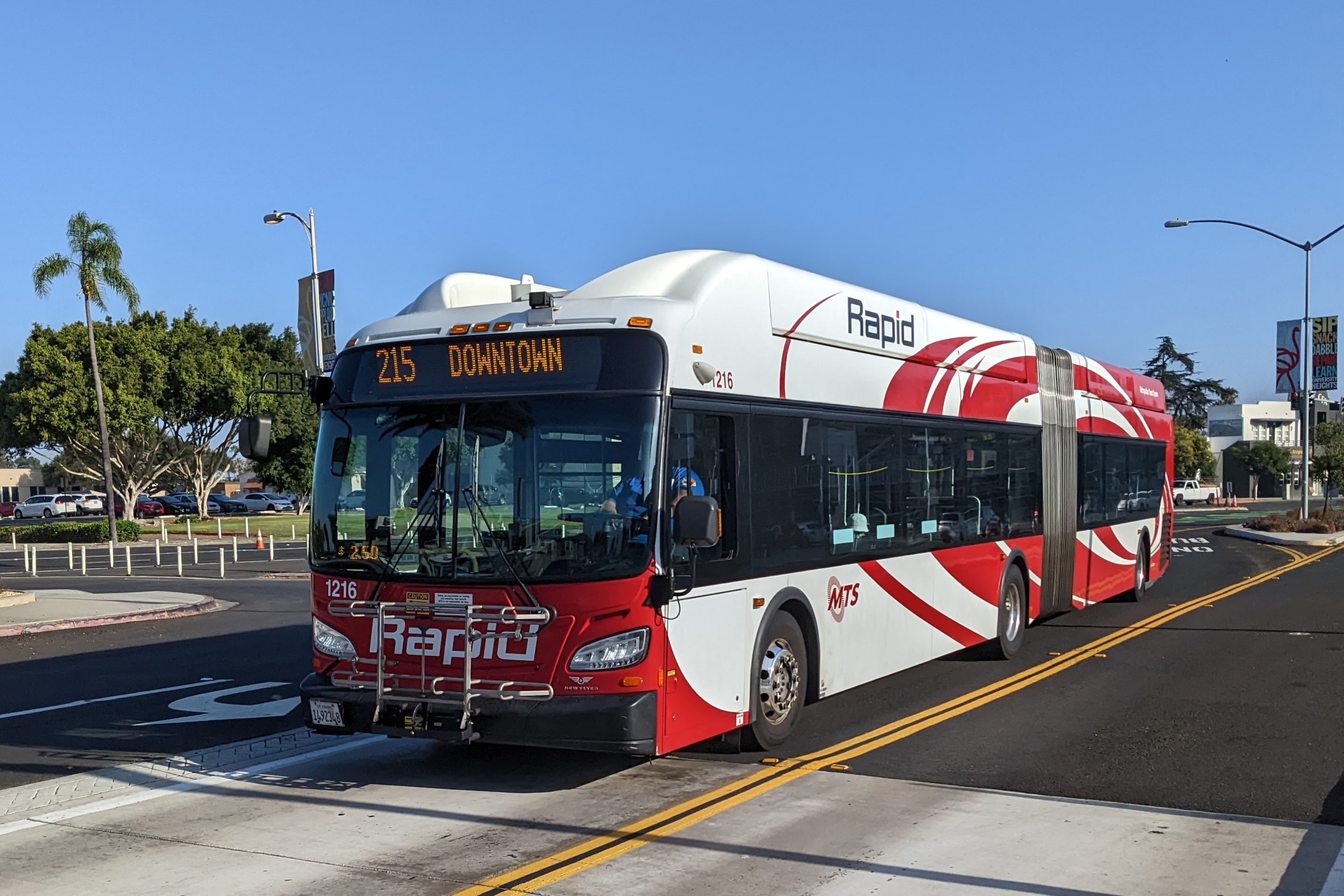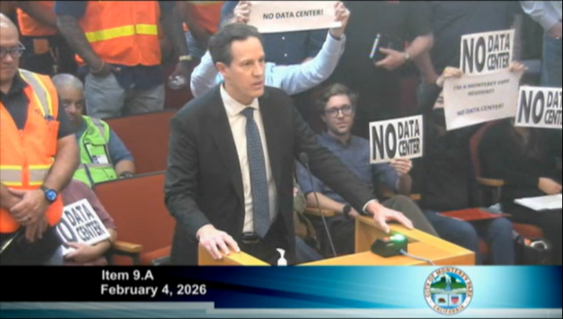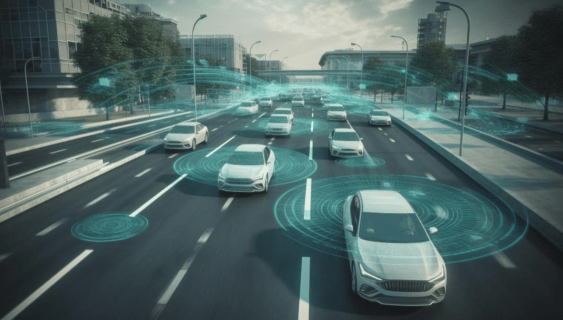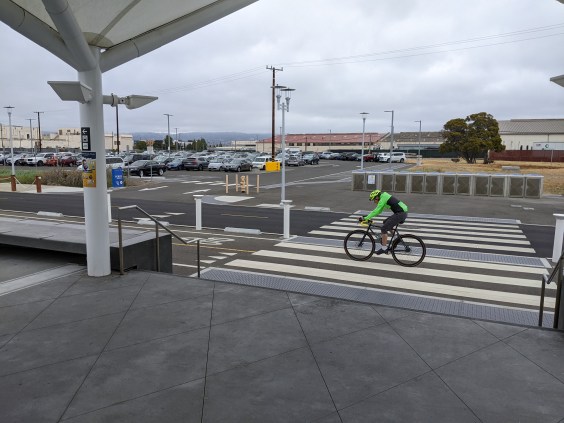This article first appeared in the Frisc and is reprinted with permission.
The closure of John F. Kennedy Drive in Golden Gate Park seemed decided with a landmark vote in April. But it’s still up in the air, thanks to a measure that will go before San Francisco voters this fall, bankrolled by the de Young Museum’s longtime former chair.
The museum’s main argument for reopening JFK Drive got fact-checked at a public hearing Thursday. A supervisors’ committee called for an economic update from the city’s cultural institutions, and a top de Young official called the closure a major impediment to recovery.
“The closure of JFK and the loss of 270 free parking spaces is impacting attendance,” said Thomas Campbell, director of the Fine Arts Museums of San Francisco, which governs the de Young and the Legion of Honor.
The number of de Young visitors for the 2021–22 fiscal year was 45 percent of pre-COVID levels, Campbell reported, and the de Young and Legion have suffered more than $20 million in losses over the pandemic.
But the de Young’s neighboring institutions told a different story. The California Academy of Sciences and Japanese Tea Garden, both steps away from the de Young’s front door, reported that attendance is almost back to pre-COVID levels. The SF Botanical Garden has seen record-breaking visitor levels the last two years.
With people seeking outdoor space during the pandemic, the gardens’ attendance isn’t surprising. But the Academy of Sciences is mainly indoors and recovering nicely too.
Supervisors at the hearing took note. “The closure of JFK to cars has not been the greatest negative for the [de Young],” Sup. Myrna Melgar said to Campbell. “The Academy and others are doing things that have proven successful.”
For instance, during the COVID shutdown, the Academy pivoted to online programming and exhibits to keep the public engaged.
Melgar, who voted in April with six other supervisors to ban cars from the 1.5-mile eastern stretch of JFK Drive, said the city supports the museum and its recovery. The de Young gets a quarter of its funding from city coffers.
The hearing came three days after campaigners said they had enough signatures to qualify a ballot measure, “Access for All,” which pledges to return cars not only to JFK but also other car-free Golden Gate Park roads, as well as the Great Highway, currently closed on weekends. As of June 30, FAMSF chair emerita Diane “Dede” Wilsey was the only Access for All contributor, with a $200,000 donation.
But Mayor London Breed is pushing for a ballot measure that would act as a counterweight to the reopen-JFK movement and potentially make the 800-spot garage beneath the de Young cheaper to use.
As The Frisc has reported, the garage rates are set by a secretive nonprofit staffed by people affiliated with the Academy of Sciences and de Young, and its main purpose is to pay off the garage’s construction debt. The city cannot change the rates or subsidize them. Breed’s proposal would shift authority over the garage to the parks department. The initiative is awaiting committee hearings.
Meanwhile, the garage has plenty of room for those who can pay, its elevators go directly to the museums, and pickups and drop-offs are free.
Keeping track of visitors
Even with the garage right below them, de Young officials have blamed the closure of JFK for their attendance woes. They even hired consultants to craft a fake grassroots lobbying campaign, which failed to persuade city planners and officials, while Campbell pointed to bike and pedestrian advocates as the “powerful lobbying groups.”
In yesterday’s hearing, the de Young only offered a broad look at current attendance — 45 percent of 2019 visitor levels. Representatives did not respond to a request for more specific information.
Through previous public record requests, The Frisc has asked the museum for attendance numbers that could support the claim of harm from the JFK closure, but officials have responded that they do not keep daily figures.
Such data are important because JFK Drive has been closed on Sundays for five decades, and on occasional Saturdays for two decades. It would be good to know if the museum’s attendance on those days pre-COVID suffered the same fate.
Other cultural institutions in town, including the SF Botanical Garden, the Asian Art Museum, and the Museum of the African Diaspora, confirmed to The Frisc that they keep daily records. (SFBG director of communications Brendan Lange said that too many variables make it “inherently imperfect” to try and attribute the closure of JFK to the garden’s attendance patterns.)
Museum attendance isn’t the only reason some people want to reopen JFK to cars. Access for seniors and the disabled is another point — one that the city’s parks and transit agencies have been working to address.
For example, there’s a new parking lot with 20 blue-zone disabled spots behind the park’s bandshell, which brings visitors closer to the museums than parking on JFK would do. There are also new taxi stands in front of the museums and an improved shuttle that runs up and down JFK Drive.
Shuttle vans will soon have low-floor vehicles for easier access, and their schedule will be integrated into map and transit apps, Park and Recreation officials said Thursday.
Officials from other institutions made it clear that the JFK closure has had some negative impact. But Sup. Melgar pointed out that other institutions have started to adapt. The Cal Academy, for example, offers vacation time or cash to employees who bike, walk, carpool, or take public transit to work at least 10 days a month. When Melgar asked FAMSF director Campbell if the de Young had looked into such programs, he offered that they could, but “most employees don’t live on a transit line.”
“We do have a regional transit system,” Melgar countered. “I’m wondering why this is different for the Academy employees.”
Frisc staff writer Max Harrison-Caldwell contributed to this report.
